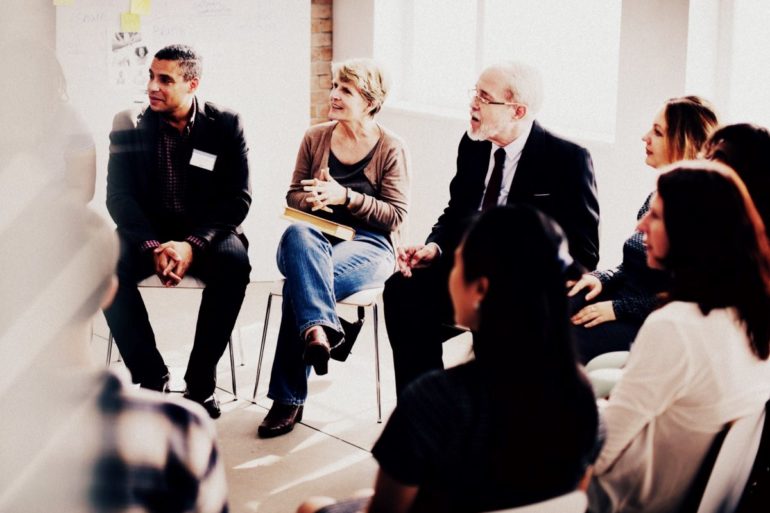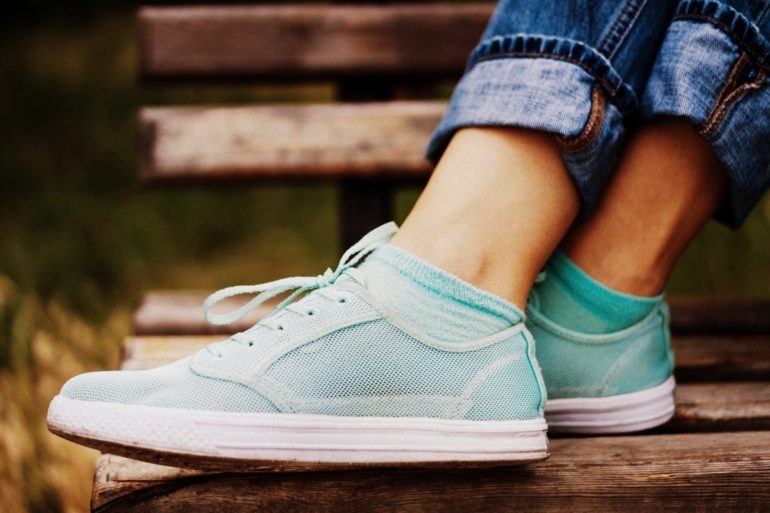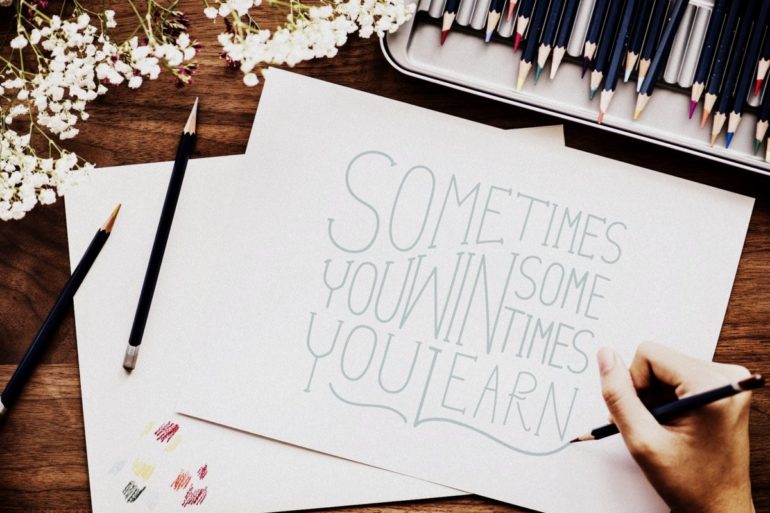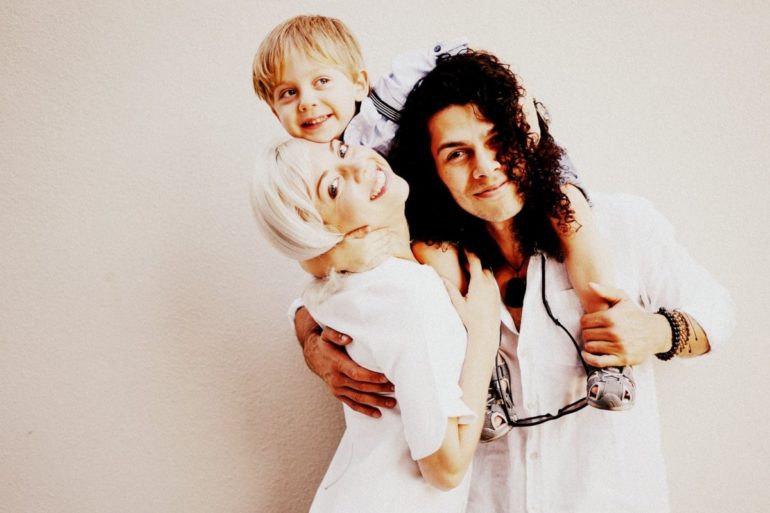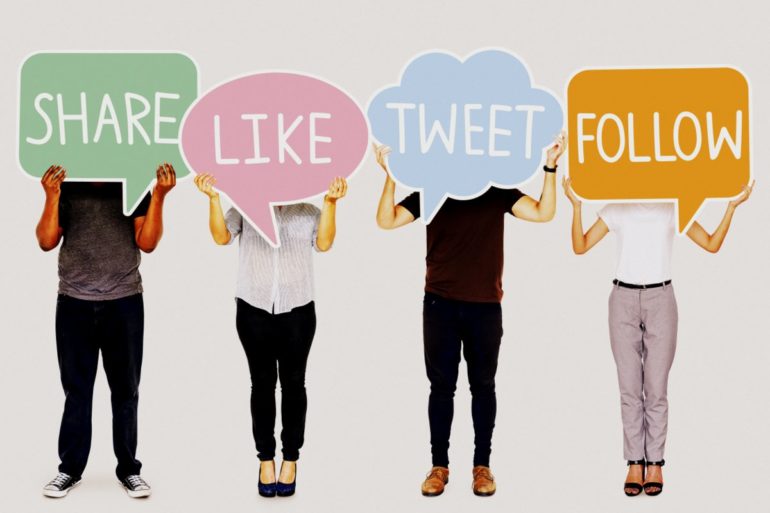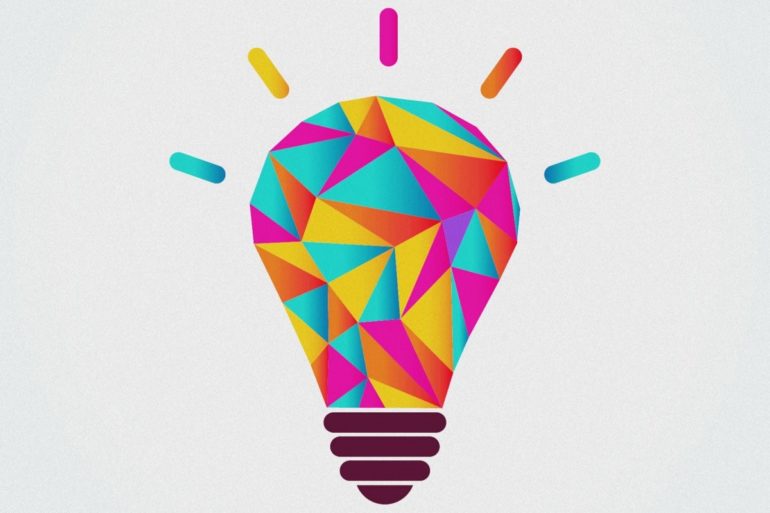We all know that getting a good night's sleep is good for our general health and well-being. But new research is highlighting a more surprising benefit of good sleep: more feelings of gratitude for relationships.
Procrastination is a curse, and a costly one. Putting things off leads not only to lost productivity but also to all sorts of hand wringing and regrets and damaged self-esteem. Are we programmed for postponement and delay?
Psychological scientists have found that the size of different parts of people's brains correspond to their personalities; for example, conscientious people tend to have a bigger lateral prefrontal cortex, a region of the brain involved in planning and controlling behavior.
You win some, you lose some. Such are life's ups and downs.
If you think having loads of money, fetching looks, or the admiration of many will improve your life -- think again.
Scientists have identified for the first time a particular gene's link to optimism, self-esteem and "mastery," the belief that one has control over one's own life — three critical psychological resources for coping well with stress and depression.
"Decision making isn't always easy, and sometimes we make errors on seemingly trivial tasks, especially if multiple sources of information compete for our attention," said author Tobias Teichert, PhD.
People who like to nap say it helps them focus their minds post a little shut eye. Now, a study may have found evidence to support that notion.
So many acts in our daily lives -- refusing that second slice of cake, walking past the store with the latest gadgets, working on your tax forms when you'd rather watch TV -- seem to boil down to one essential ingredient: self-control.
Calling it a ‘right brain’ phenomenon is too simple, researchers say It takes two to tango. Two hemispheres of your...
Whether you are a habitual list maker, or you prefer to keep your tasks in your head, everyone pursues their goals in this ever-changing, chaotic environment.
Iconoclasts are individuals who do things that others say can't be done.
Many people who are new to entrepreneurship approach the world of business in some rather funky ways.
Research suggests that overall happiness in life is more related to how much you are respected and admired by those around you, not to the status that comes from how much money you have stashed in your bank account.
What should you do when you really, REALLY have to go? Make important life decisions, maybe?
A study of the sexes reveals that when it comes to starting a business, women are more likely than men to consider individual responsibility, and use business as a vehicle for social and environmental change.
Educators have tried to boost learning by focusing on differences in learning styles. Management consultants tout the impact that different...
Whether it's for money, marbles or chalk, the brains of reward-driven people keep their game faces on, helping them win at every step of the way. Surprisingly, they win most often when there is no reward.
You might think that a loving partner helps keep you on track -- say, when you want to stick to your jogging or concentrate on your studies.
If it feels like one part of your brain is battling another, it probably is, according to a study published in Science.
But after studying common roadblocks to problem-solving, a cognitive psychology researcher has developed a toolkit for enhancing anyone's skills.
Some argue that happiness is not having what you want, but wanting what you have.
Research led by a leading expert on the positive benefits of napping suggests that Rapid Eye Movement (REM) sleep enhances creative problem-solving.
Most of us experience ‘gut feelings’ we can’t explain, such as instantly loving -- or hating -- a new property when we’re house-hunting or the snap judgments we make on meeting new people.
Whether bloggers are writing to change the world, or just discussing a bad break-up, they may get an extra boost of motivation from traffic-measuring and interactive tools that help them feel more connected to and more influential in their communities.
It seems really simple: If you want to achieve something, set a goal and then make specific plans to implement it.
Why do "Aha!" moments sometimes come easily - and sometimes not at all?
How do ideas spread? What messages will go viral on social media, and can this be predicted?
How many times have you spent hours slaving over an impossible problem, only to take a break and then easily solve the problem, sometimes within minutes of looking at it again?
There are a number of factors that influence how well we do in school, including the amount of time we study and our interest in a subject.



